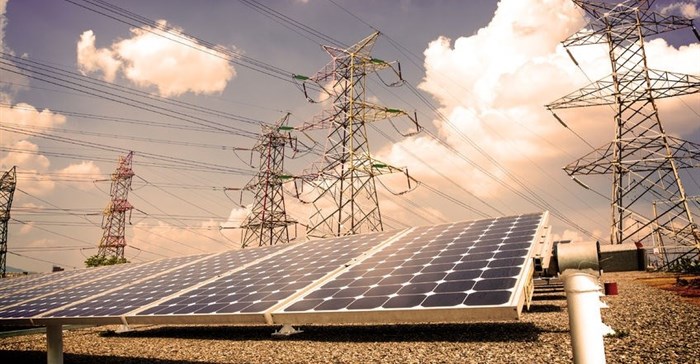
Top stories






More news















Current trends indicate that two-thirds of the world’s population will remain without electricity by 2030, which is the target year to achieve the newly agreed post-2015 UN Sustainable Development Goal of universal access to energy.

The PwC report - Electricity beyond the grid: accelerating access to sustainable power for all - says a new approach is needed that better recognises the part that off-grid technology can play.
John Gibbs, Africa deals power & utility lead, PwC, says: “For the millions of people who don’t currently have access to electricity, the old assumption that they will have to wait for grid extensions is being turned on its head by new technological possibilities. Some 634m people without electricity are in Africa. Faster progress is needed, and we believe it can be achieved if national energy policies adopt a more comprehensive approach to energy access, embracing the new starting points for energy provided by standalone renewable technology and mini-grids.”
Therefore policymakers need to embrace the new renewable off-grid technologies and innovative business models. The combination of centralised top-down grid extension with decentralised demand-driven bottom-up strategies, in the form of mini grids and especially standalone solutions, will speed up the increase in electrification levels.
The report foresees a major transformation of the electricity sector in the period ahead. Falling solar technology costs have spurred the growth of standalone home systems and are changing the economics of mini-grid systems. Battery storage technology is fast evolving to the point where it is going to play a significant role in utility-scale solar power storage and is beginning to feature in smaller-scale off-grid solutions. Together with access to mobile technology and mobile payment systems for microloans, a new era has arrived for beyond the grid electrification.”
The report sets out five recommendations for accelerating the increase of electrification:
Based on the technological advances in off-grid systems and battery storage, a decrease in their prices and an increase in energy efficient appliances, there will be a real future threat for the current established integrated power utilities, especially the ones without a reliable supply of electricity. They will need to adapt their business models or due to an increase in embedded generation and subsequent customers going off-grid, they will face a major challenge ahead in their future sustainability.